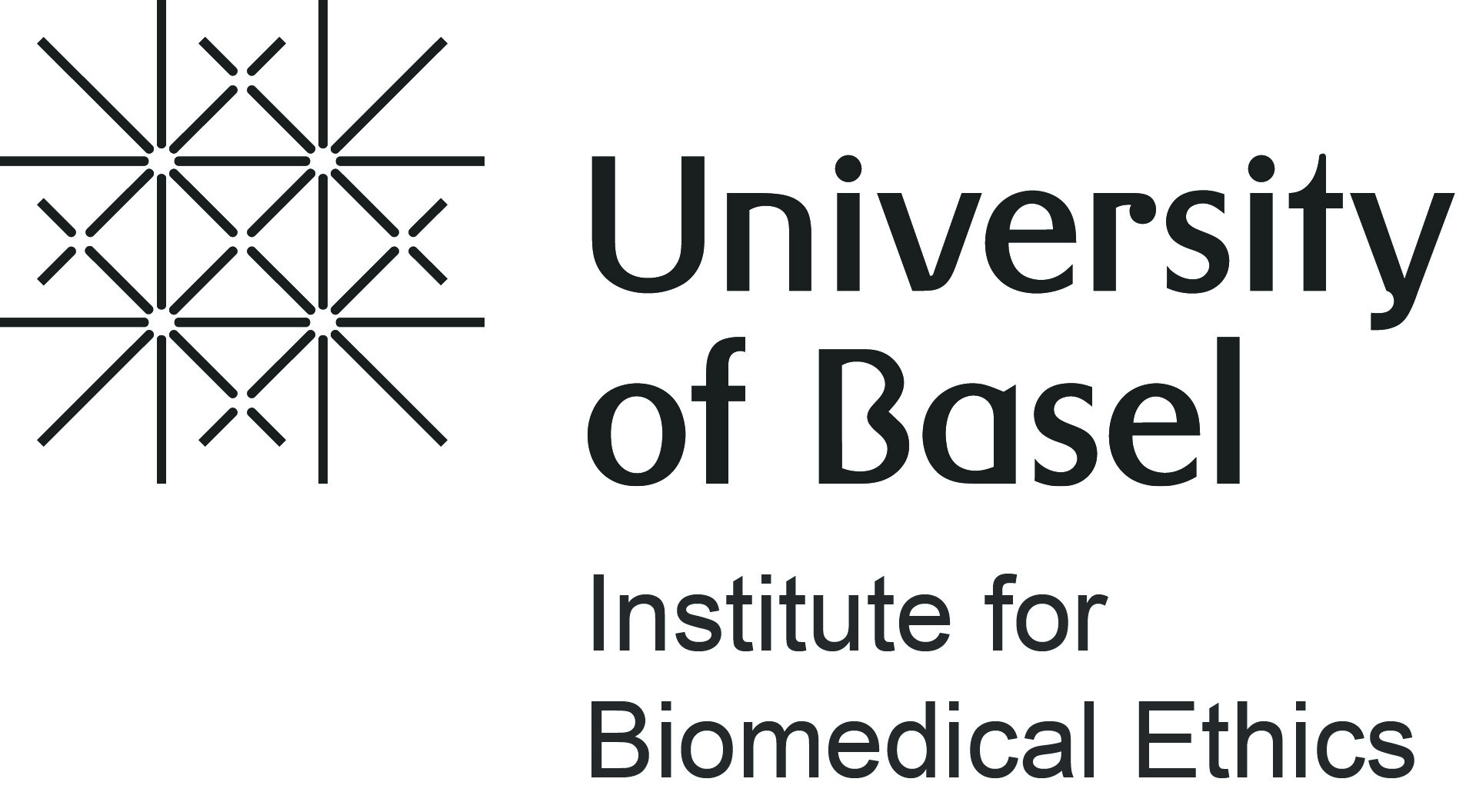
Achieving Global Value in Health
Lack of Standardization and Integration
Inconsistent data gathering methods across NGOs
Limited interoperability between systems due to varying formats and metrics
Fragmented policy frameworks with no universally accepted standards
Absence of a unified global monitoring platform
Data Inaccuracy and Management Issues
Data duplication and lack of mechanisms for deduplication or validation
Absence of unique identifiers for refugees
Reliance on manual and outdated software packages like Excel and Word.
Poor data quality and inconsistencies due to human errors
Accessibility and Usability Challenges
Limited real-time access to data for field workers and decision-makers
Lack of offline or mobile tools for field data collection and synchronization
Poor adoption of digital tools and platforms among NGOs
Resistance to change and lack of training for staff
Privacy, Security, and Governance
Inconsistent adherence to data privacy and security standards
Risk of sensitive refugee data being disclosed or leaked or misused
No centralized governance body for refugee data management
Lack of role-based access controls and encryption mechanisms to ensure data privacy
Inefficient Decision-Making and Resource Allocation
Inadequate analytics and reporting tools for actionable insights
Inefficiencies in resource distribution due to fragmented and inaccurate data
Difficulty identifying and addressing high-priority needs in real-time
Main Findings

For every euro invested in the NGO arm, there is a return of
€0.60
in governmenal cost savings
Project Impact
Social Benefits
Gained healthy life-years is a measure that expresses the additional number of years of life that a person lives in a healthy condition as a result of receiving treatment or avoiding a disease.
Providing equitable healthcare access upholds global ethical standards, fosters societal stability, and strengthens goodwill within communities, promoting inclusive development and harmony.
Health Benefits
NGOs interventions significantly reduce the number of lives lost to causes related to NCDs over 15 years measured in mortality averted, lives saved, decreases emergency admissions, and promoting equity in health access.
Economic Benefits
The NCDs included in this analysis reduce the labour workforce and productivity through premature deaths, fewer days of work (absenteeism) and reduced productivity while at work (presenteeism).
Return on Investment
Comparing the costs and benefits of each package of interventions shows that all NCD prevention interventions at the population level for risk behaviour included in the analysis have returns on investment greater than xx for each xx invested over 15 years
Affiliations & Partners




















